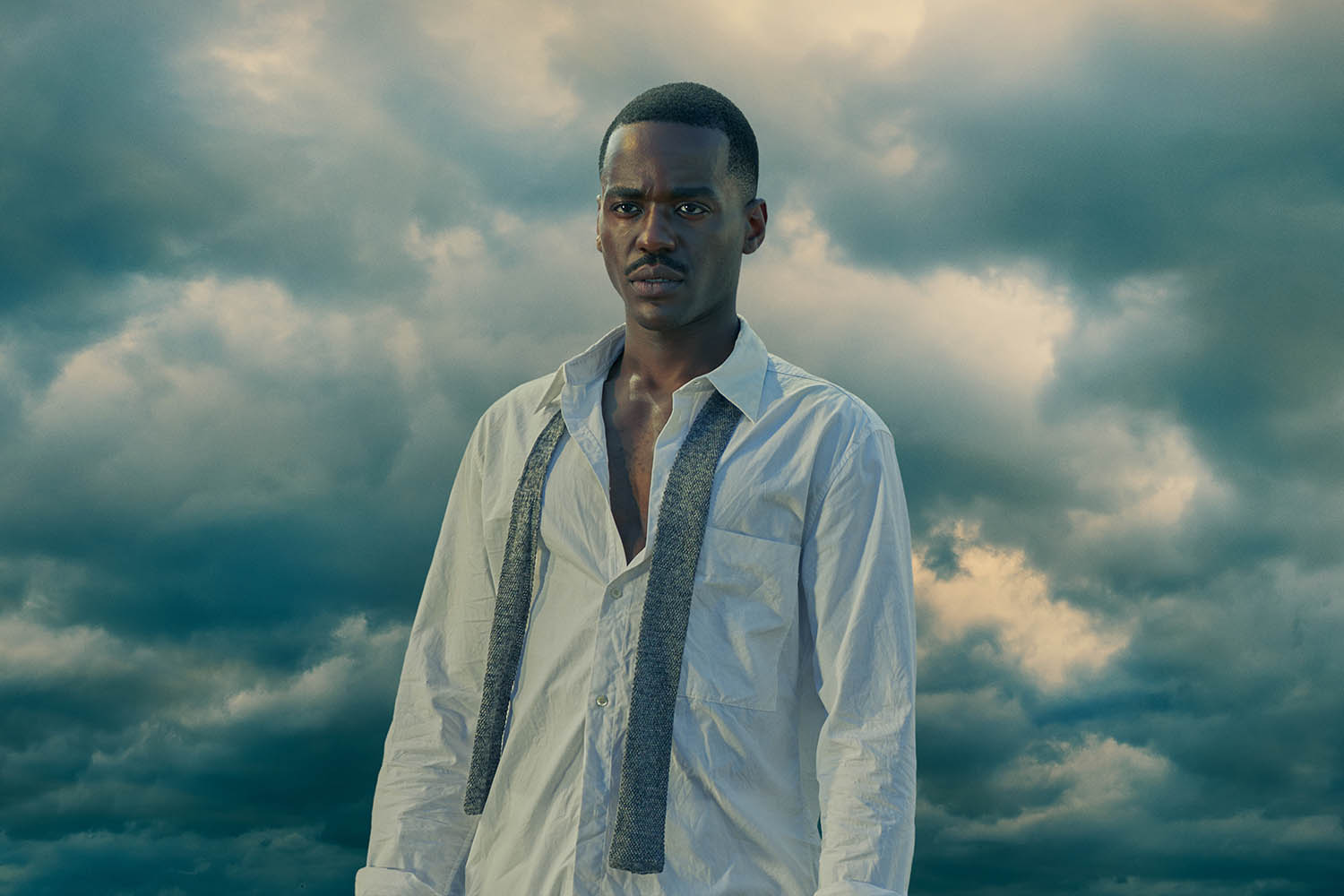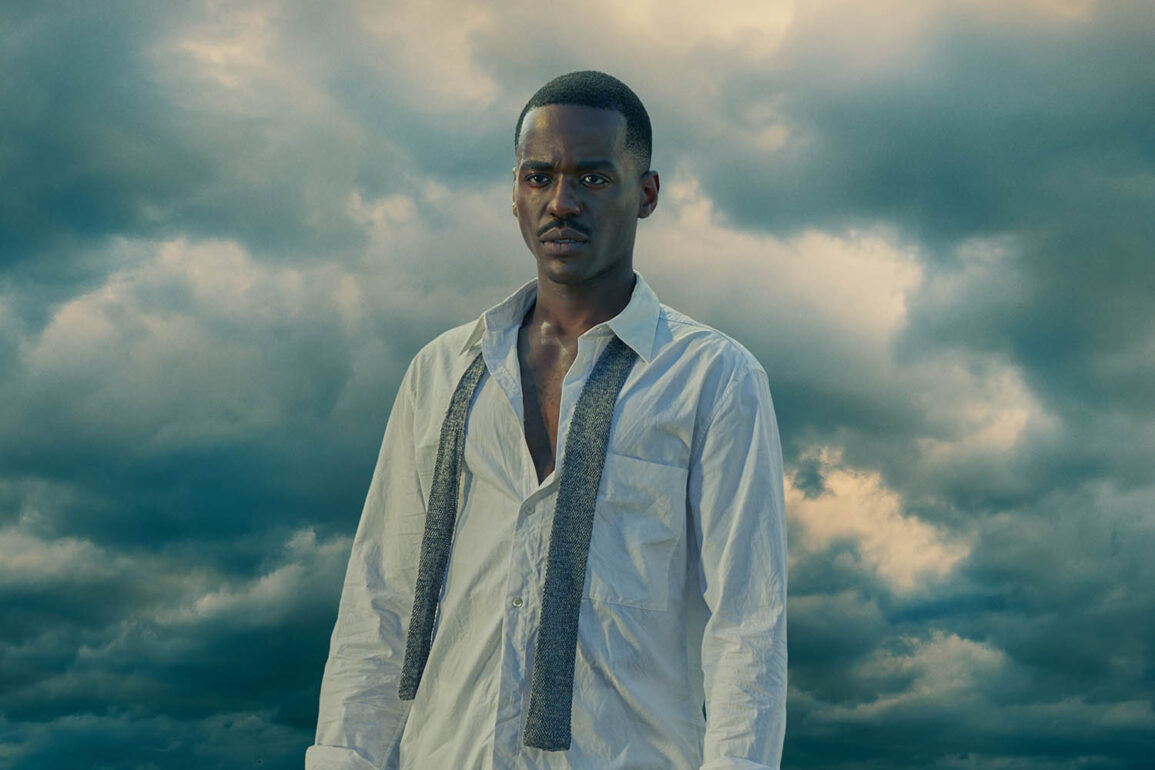
Doctor Who’s Third Age begins this Saturday, and it’s an essay on everything you need to know about the state of the (British) nation. The plot is heavily embargoed, but the key resolution of the David Tennant/Catherine Tate reintroduction taps deeply into the heart of the culture wars. The entire back catalogue of Doctor Who episodes will be available on iPlayer… and Disney Plus, because Doctor Who is a Disney show now, for better and for worse. The First Age of Who was wobbly sets, Earth-bound stories and weird hats that still sent Gen X behind the sofa. The Second Age was Christopher Eccleston, David Tennant and the rock star Doctor – Peter Capaldi visited five continents in 12 days when he started, meeting huge crowds in South Korea, Australia, the US, Mexico and Rio de Janeiro. Russell T. Davies took a weird little sci-fi show and created a global brand. The Mandalorian costs over $15m per ep, House of the Dragon $20m. The BBC’s max budget for a drama is less than a million. So, Disney stepped in and saved the Doctor – pumping so much cash onto the screen that you. Will. Not. Believe. What the sonic screwdriver can do, or the inside of the TARDIS looks like. It looks like money.
But what’s the best thing about Doctor Who? The TARDIS? The Daleks? The Weeping Angels? Hard to say, they’re so different. They all have one thing in common, though. They were cheap. The first Doctor was supposed to travel in an elaborate flying saucer, but the budget didn’t stretch, “so someone said, well what if it can change shape and what if it gets stuck? And therefore, there’s the police box,” explains Mark Gatiss, Doctor Who writer and actor. “I love that about Doctor Who. It’s a very British plastic TARDIS.”
The Daleks? Based on a pepper pot and built on tricycles (not the Mark I’s, Whovians, they were nylon casters). Weeping Angels? They didn’t have the money for elaborate effects, so Steven Moffat wrote a baddie that didn’t move.
This time? “It’s not a Star Wars budget,” says returning showrunner Russell T. Davies, “but it’s more than most things I’ve made for the past 10 years added together.” According to a BBC report, Davies moving Doctor Who’s production to Cardiff in 2005 has so far contributed at least £134.6 million to the Welsh economy, and helped an associated production boom that now makes up 5 per cent of Welsh GDP. Davies insisted the show remain there once Disney came on board.
Of course, it’s mad and great and very Russell T. Christmas Day sees Ncuti Gatwa take the keys to the TARDIS – the first black Doctor, the first queer Doctor and the first Doctor born outside the UK. Apart from all the ones born in space, of course. So for better? Davies gets to play on a global stage with a global budget on an infinite backdrop. For worse? No-one will ever again say – “well, we can’t afford baddies that move. What if they only do it when you blink?”
Doctor Who’s 60th Anniversary episode The Star Beast is on BBC1 at 6.30pm tomorrow.
This post was originally published on this site be sure to check out more of their content.









